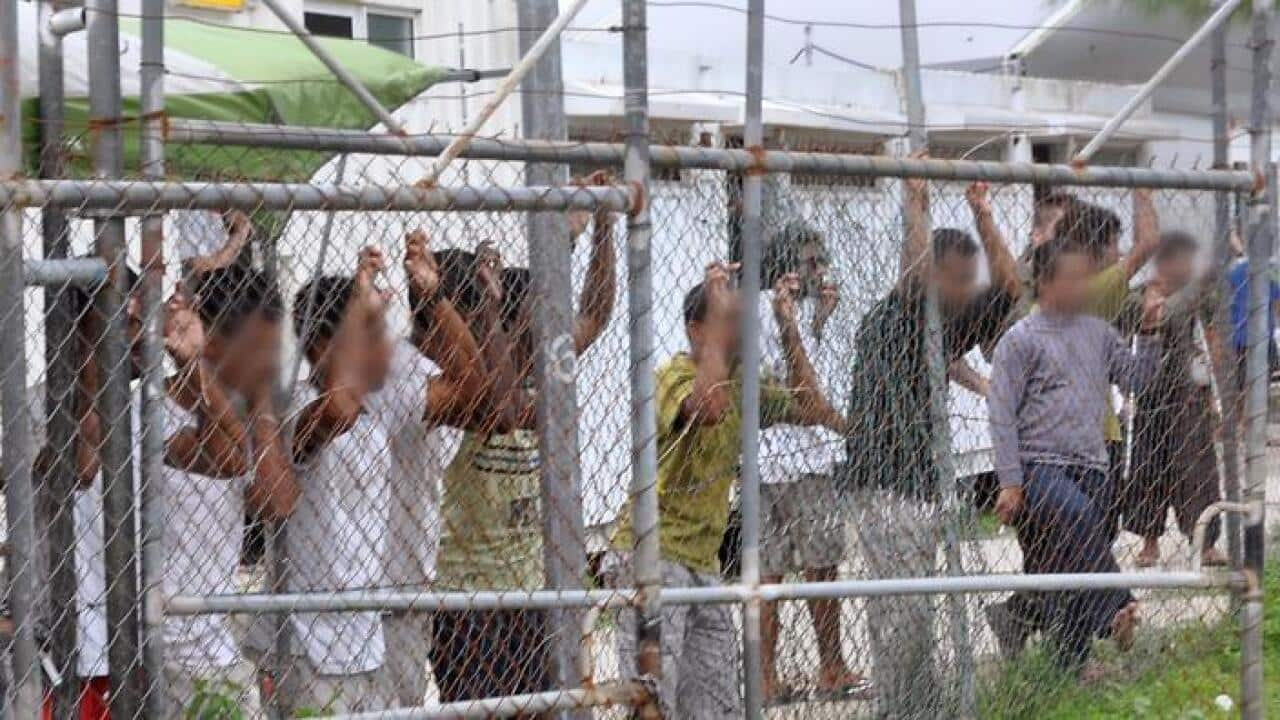Hamid Kehazaei died after after being evacuated to Port Moresby and then Brisbane from a usually treatable bacterial infection, 13 days after being admitted to the Manus Island Detention Centre medical clinic in 2014.
The coroner will investigate the level of medical care given to the 24-year-old at the Australian offshore processing facility in Papua New Guinea.
Paramedic Rafael Cruz, who still works on Manus, was the first to give evidence about Mr Kehazaei's condition.
"We were trying to get him out. He was not improving, he was actually deteriorating," he told the inquest.
"There was a general consensus on day two he needed to be in a place that provided higher care."
Mr Kehazaei died in Brisbane after delays in being transferred to a hospital from the Manus detention centre.
Protesters were outside the coroner's court in Brisbane to mark the start of the inquest into the death of the young asylum seeker.
Refugee advocate Frederika Steen said a vigil outside the court seeks justice for Mr Kehazaei.
"He's a victim of our cruel anti-asylum policies and his death is an unnecessary one. We want justice, for his mother, father, family, and all those men who are still in detention on Manus Island," she said.
Coroner Terry Ryan will examine eight key areas related to Mr Kehazaei death, including the adequacy of care, delays in being transfer from Manus to Port Moresby and eventually to Brisbane and the Australian government and private contractors' role in the case.
When Mr Kehazaei arrived at Brisbane's Mater Hospital a week after being admitted on Manus Island in 2014, he was unconscious after suffering multiple heart attacks.
He never regained consciousness and died five days later when his life support was turned off.
President of Doctors for Refugees Barri Phatarfod said the individual case is a chance to highlight a bigger issue.
"The whole coronial inquest provides an opportunity to shine a spotlight on the conditions in the offshore detention centres, on the health care given, particularly the health care given to people who are critically ill," he said.
Mr Kehazaei's family are not present for the inquest, which is set down for two weeks and will then resume in February.



